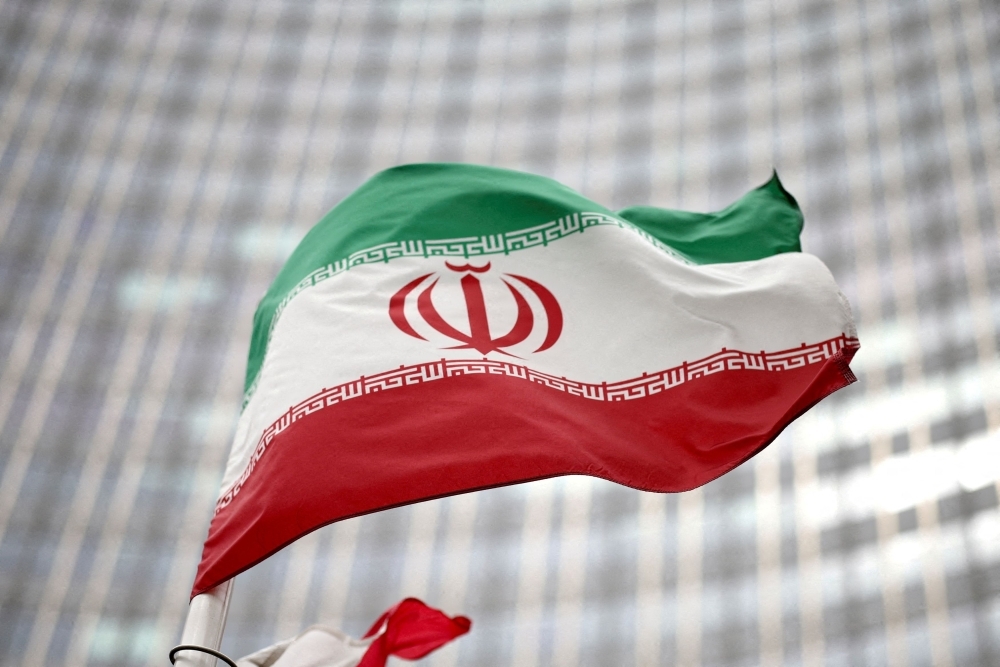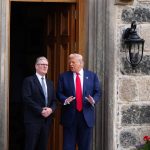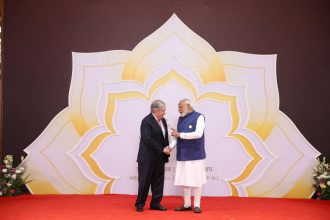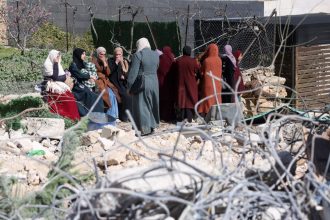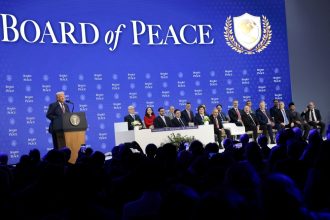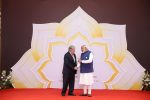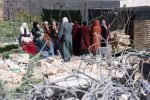TEHRAN, August 1 — Iran has strongly dismissed recent allegations made by the United States and over a dozen of its Western allies, who claim that Tehran has been involved in assassination and kidnapping attempts targeting dissidents, journalists, and officials on foreign soil.
In a statement issued on Friday, Iranian Foreign Ministry spokesperson Esmaeil Baqaei sharply rejected the accusations, describing them as “baseless” and “deeply political.” He argued that the claims serve as a distraction from what Iran considers the real crisis facing the world today: the ongoing humanitarian catastrophe in occupied Palestine.
“This isn’t about security or justice,” Baqaei said. “It’s a calculated effort to shift public focus from the genocide unfolding in Palestine — an issue that deserves global attention and action.”
The statement comes in response to a joint declaration from several Western countries — including the United States, the United Kingdom, France, and Germany — issued on Thursday. In that statement, the nations expressed concern over what they referred to as “a growing pattern of threats” from Iranian intelligence operations within their territories.
“We are united in our opposition to the attempts of Iranian intelligence services to kill, kidnap, and harass people in Europe and North America,” the joint statement read. The coalition further alleged that Iranian operatives have increasingly cooperated with international criminal networks to target journalists, dissidents, Jewish citizens, and current or former government officials.
In Tehran, officials view these charges not only as false, but as part of a broader campaign of “Iranophobia” — a term Baqaei used to describe what he sees as long-standing efforts to isolate and demonize Iran on the world stage.
“These are blatant fabrications,” Baqaei emphasized. “They form part of a malicious and coordinated campaign to undermine Iran’s image and apply pressure on our nation.”
The clash highlights ongoing tensions between Iran and Western governments, particularly amid rising global scrutiny over Middle East conflicts and shifting geopolitical alliances.
